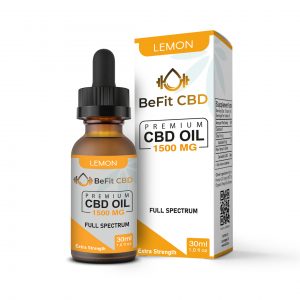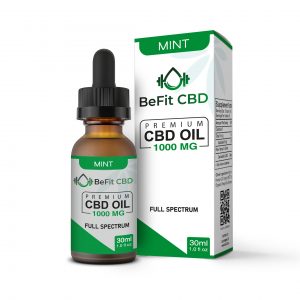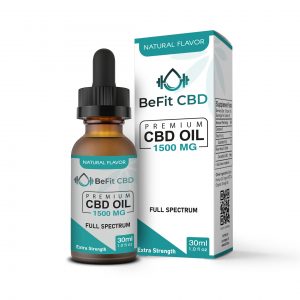What is Delta-8-THC?
Delta-8-THC or Delta-8-tetrahydrocannabinol is one of over a hundred naturally-occurring compounds in the cannabis plant.
Delta-8-THC is said to be produced from stored up ‘THC.’ Molecular isolation and selective breeding are typical ways commercial farmers increase delta-8-THC concentration.
While the buzz has been around CBD and THC, this article focuses on delta-8-THC.
Quickly…
Delta-8-tetrahydrocannabinol is not the same as the famous dreaded THC associated with cannabis high.
Note that the common THC is known as Delta-9-THC.
Although delta-9-THC and its 8 counterpart come with similar molecular structure, there are some core distinctions, including the notably lower psychoactive potency of Delta-8-THC.
Delta-8-THC And Other Cannabinoids
As mentioned, cannabis contains over a hundred cannabinoids. Although the CBD and THC are a common focus, there are many other secondary/minor compounds.
Delta-8-THC is one of the minor compounds found in the marijuana plant. They occur in petite concentrations. This compound, findings think, interacts with the CBD receptors in the central nervous system. Although Delta-9-THC is thought to influence the CB2 receptors, the binding mechanism is yet unestablished.
Now, let’s compare Delta-8-THC and its closest sibling, Delta-8-THC.
Delta-8-THC Vs. Delta-9-THC
As mentioned, both compounds feature similar molecular structure, but with different positioning of the critical chemical bond.
In the molecular chain, while Delta-9-THC contains the 9th bond, Delta-8-THC contains that on the 8th.
While the difference seems negligible, the seemingly minor dissimilarity wields a strong influence on how the body’s receptors interact and react to the molecules.
Also, Delta-8-THC is more stable than Delta-9-THC. While oxidization may transform the delta-9-THC to either delta-8-THC or cannabinol(CBN), the Delta-8-THC does not change and, even more, enjoys a relatively long shelf life.
While Delta-8-THC’s stability is a sought-after feature of medical compounds, it’s purportedly less active than Delta-9-THC.
The Entourage Effect
The entourage effect, also referred to as the ensemble effect, is a concept that believes THC may produce more effect when consumed with other cannabinoids, flavonoids, terpenes, and compounds in cannabis – than isolatedly.
While research focuses on the ensemble effect of delta-9-THC, with the molecular similarity, delta-8-THC may also produce a similar impact when consumed alongside other cannabis ingredients.
Note that more research is required to know more about delta-8-THC, as well as its effects with other cannabinoids.
How Do I Detect Delta-8-THC In Cannabis Products?
Delta-8-THC may be scarcely used as active ingredients because of its wee-bit concentration. However, some manufacturers deliberately infuse a high percentage in their products. To confirm delta-8-THC content, see the product’s Certification of Analysis.
Side Effects and Safety Concerns
Found in minor quantity, the compound has attracted very little research and hence must be used cautiously.
Currently, Delta-8-THC is found in concentrates as most cannabis products contain, but a wee-bit percent of delta-8-THC. Hence, deriving a good-enough quantity requires a great deal of extraction and refinement.
Delta-8-THC may come in isolates or a combination of delta-8-THC and CBD or/and delta-9-THC for a more holistic effect.
An animal-based study shows delta-8-THC – and delta-9-THC – may increase blood pressure by a temporary constriction of the blood vessels and, in turn, a reduced heart rate.
However, another systematic review said while delta-8-THC caused a notable reduction in animal heart rate, researchers noticed increased heart rates in humans.
The review authors, however, advised, based on limited data, that more human-based research may be needed to ascertain delta-8-THC’s effect on blood flow.
Final Thought
If you wish to take delta-8-THC, note that the available knowledge and data about the compound is mostly animal-based and anecdotal.

 FREE SHIPPING ON ALL PRODUCTS
FREE SHIPPING ON ALL PRODUCTS


